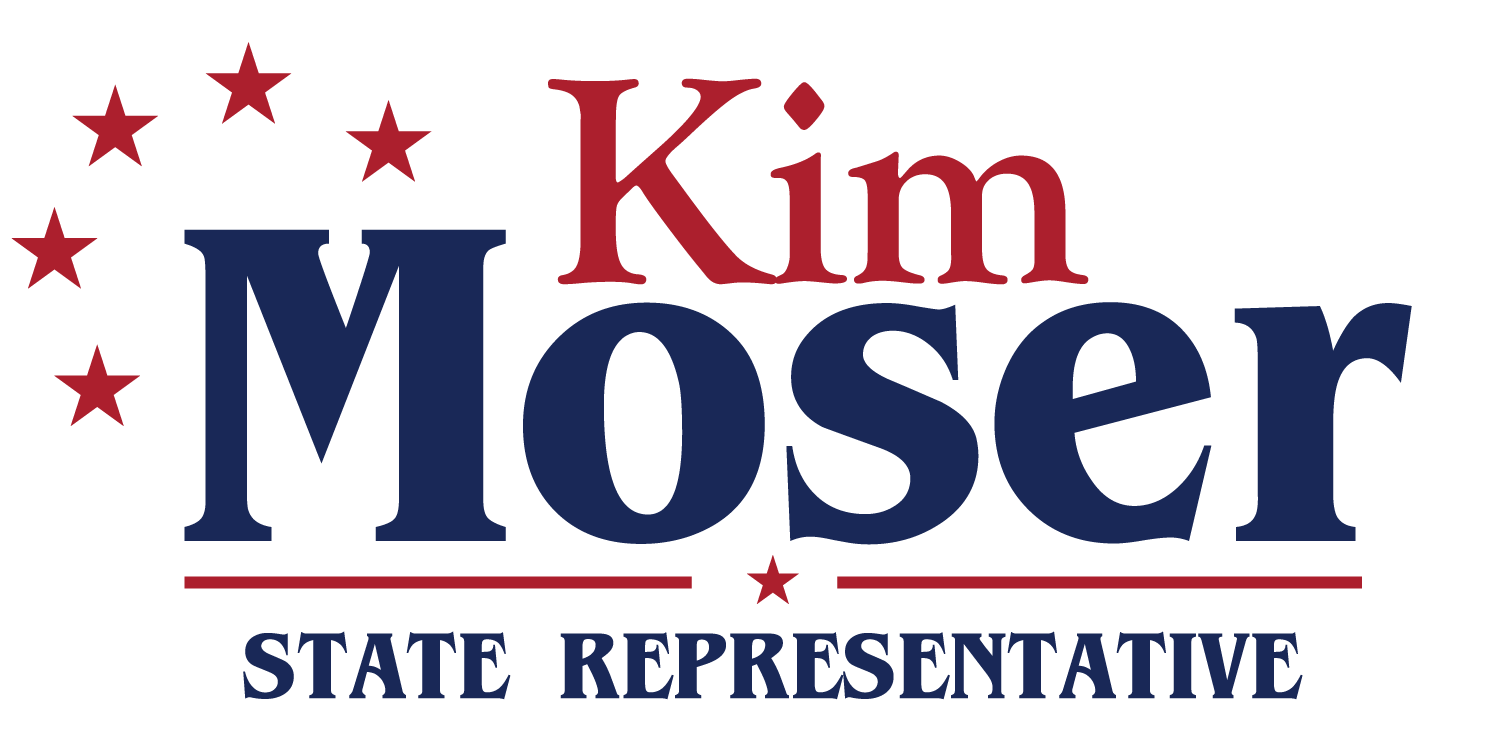Last week, the Kentucky General Assembly recessed on Thursday after sending the state budget to a working group to iron out some of the differences between the House and Senate plans. It is our constitutional duty to pass a balanced biennial budget, which is the primary focus of this legislative session. When the legislature returns to Frankfort tomorrow, it will be with this in mind. While we have been working on the budget, we have also moved several critical bills aimed at helping Kentuckians deal with the COVID-19 crisis through the process, and finished work on legislation that was pending when the first Kentuckian tested positive for the Coronavirus.
We are facing what could be one of the worst health and economic disasters in world history and the legislature has a responsibility to the people of Kentucky. I hope the Governor will allow us to work together. After all, Kentucky is better when our leaders are united.
News is rapidly evolving in the current environment and in our attempt to limit the spread of the COVID-19 virus, I want to address the most pressing concerns I have heard from you. I am in frequent contact with the Kentucky Department of Public Health (DPH) Commissioner, Dr. Steve Stack, our Northern Kentucky Public Health Department, our local hospital personnel and the Cabinet for Health and Family Services.
It is important to me that you are armed with accurate and up-to-date information. This is not meant to be a comprehensive report, but I hope to address some commonly asked questions and concerns. Please let me know how I can help you get the resources and information you need.
LEGISLATIVE ACTIONS IN RESPONSE TO COVID-19
Budget
Last Thursday we sent members of the state Senate a message that we can’t support some of the changes they made to the state budget. The House version was a responsible, well-crafted budget that put education first and made strategic investments with every single tax dollar spent. Given the COVID-19 situation, it’s important now more than ever that we provide a spending plan that is responsible to taxpayers and provides necessary services. The House and Senate will adjourn tonight to allow that working group to continue their efforts. We’ve been working hard to get this done, knowing that without a budget, state government would have to shut down – cutting off the very programs we’re going to need to tackle the short-term and long-term problems created by COVID-19.
Education Relief
Before leaving last Thursday, the House passed a measure aimed at giving major relief to school districts to pay for teachers, staff and programs throughout the COVID-19 crisis. The bill gives greater flexibility to the Kentucky Board of Education, local boards of education, and principals to best address issues stemming from COVID-19. The language was amended to SB 177. This bill has been signed into law by the Governor.
– Gives the Commissioner of Education the ability to waive required instructional hours if those hours are not met by June 12, 2020.
– Allows for instruction via virtual schools to count toward instructions hours, which has been important for urban counties throughout Kentucky.
– Grants a local board of education the ability to allow employees to receive 30-days of emergency leave.
– Directs the Kentucky Department of Education to seek federal waivers to allow school districts to be reimbursed for any meals that are served to students during this time.
– Reduces regulations like time restrictions between meals to allow schools to better serve students who are food insecure. 18 percent of Kentucky children are considered food insecure, according to Feeding America.
Economic Relief
In order to help Kentucky businesses weather the economic storm created by the COVID-19 health crisis, the House has taken steps to help businesses and health service providers reach customers, retain workers, and provide services. We expect the Senate to act on this measure before we adjourn this session.
– Unemployment insurance relief for small businesses:
– Relief from licensing fees and other requirements for occupations and professions required to be licensed under Kentucky law
– Relief from tax filing and payment deadlines under state law if comparable relief has been granted under federal law
– Temporary ability for suffering retail drink license holders to sell alcoholic beverages on a delivery, to-go, or take-out basis with food
– Enhanced ability for essential health care providers to better utilize telehealth under Kentucky law
GENERAL HEALTH INFORMATION
- ATS COVID-19 Health Information
- Centers for Disease Control Information
- KY DPH HOTLINE 1-800-722-5725
- Website: www.kycovid19.ky.gov
FEDERAL UPDATES
- Congress passes bill to supply relief to employees and the economy in response to coronavirus
- McConnell secures $1.6 million for COVID-19 efforts
- McConnell introduces legislation to tackle COVID-19, shore up economy
- CMS loosens telehealth restrictions after COVID-19 declared national emergency. Psychiatric News Alert. March 18, 2020.
STATE UPDATES
- Kentucky approved to apply for small business loans
- Gyms, nail and hair salons, theaters, spas, and other facilities asked to close to promote social distancing
- Gov. Beshear announces additional restrictions, increase in availability of unemployment benefits detailed
- Medicaid to be made available immediately to those losing their job because of coronavirus
- KY Career Center
- KY Chamber Who’s Hiring
FREQUENTLY ASKED QUESTIONS
- What
is PPE and what do everyday citizens need?
- PPE is Personal Protection Equipment. It includes gowns, masks and gloves best reserved for health care personnel and individuals at high risk of contracting COVID-19, causing severe symptoms.
- PPE supplies are extremely limited and should be reserved for those who are treating patients with COVID-19 or who are being tested or at risk.
- Self-isolation, frequent hand washing, disinfecting surfaces and social distancing remain the best methods of prevention.
- Who
needs to be tested for the Coronavirus?
- Testing kits are becoming more and more available but are currently being used to test symptomatic individuals or those with known exposure. This may change as more tests are available.
- Protocols still include an order from your health care provider and approval from the infectious disease leaders in the community
- Test results are sent to the state for reporting
- If you or a loved one are experiencing symptoms, please call your health care provider prior to going to the hospital, urgent care or doctor’s office.
- Why it is important to self-quarantine?
- An infected person may not have symptoms, but may still be contagious to others, which is especially dangerous to those who are at high risk of serious complications.
- If we all act as though we have the virus and follow the precautions, we will prevent or slow the spread. This allows hospitals and medical providers to care for those who are critically ill without overwhelming the health care system.
- What
if I have symptoms?
- Call your doctor before going to your doctor’s office, hospital or urgent care. This will limit your exposure to other sick people and vice-versa.
- If you have a chronic illness or are otherwise immunocompromised, or just have a routine check-up, physicians, and other health care providers are able to use “telehealth” measures through Skype, Google Hangouts, Zoom and other video conferencing method.
- Unless you have severe respiratory symptoms, stay at home, practice good handwashing, and social distancing. Call your doctor before going to the hospital or doctor’s office.
- If it is decided that you should be tested, you will be given instructions by your health care provider.
- Treatment is supportive unless your symptoms become severe. Call your physician if you experience shortness of breath or your symptoms become severe.
- For more information: Video: What to do if you are sick
- What
should I do about shopping for provisions?
- Grocery stores are adjusting shopping hours to accommodate seniors and individuals at high risk.
- Limit the number of shopping trips you make, help a neighbor who cannot shop or shouldn’t be in public and observe special times for at risk populations.
- On-line shopping is available for many items
- Article: Kroger adjusts hours for Seniors
I will provide periodic updates as new information emerges. Don’t hesitate to reach out for assistance at this uncertain time. You can reach me at kimberly.moser@lrc.ky.gov or at (502) 564-8100.
It is an honor to serve as your State Representative. Stay Healthy!
#KYleadership #TeamKy #WorkingTogetherForKY
Kimberly P. Moser
State Representative, 64th House District
Chair, Health and Family Services Committee



